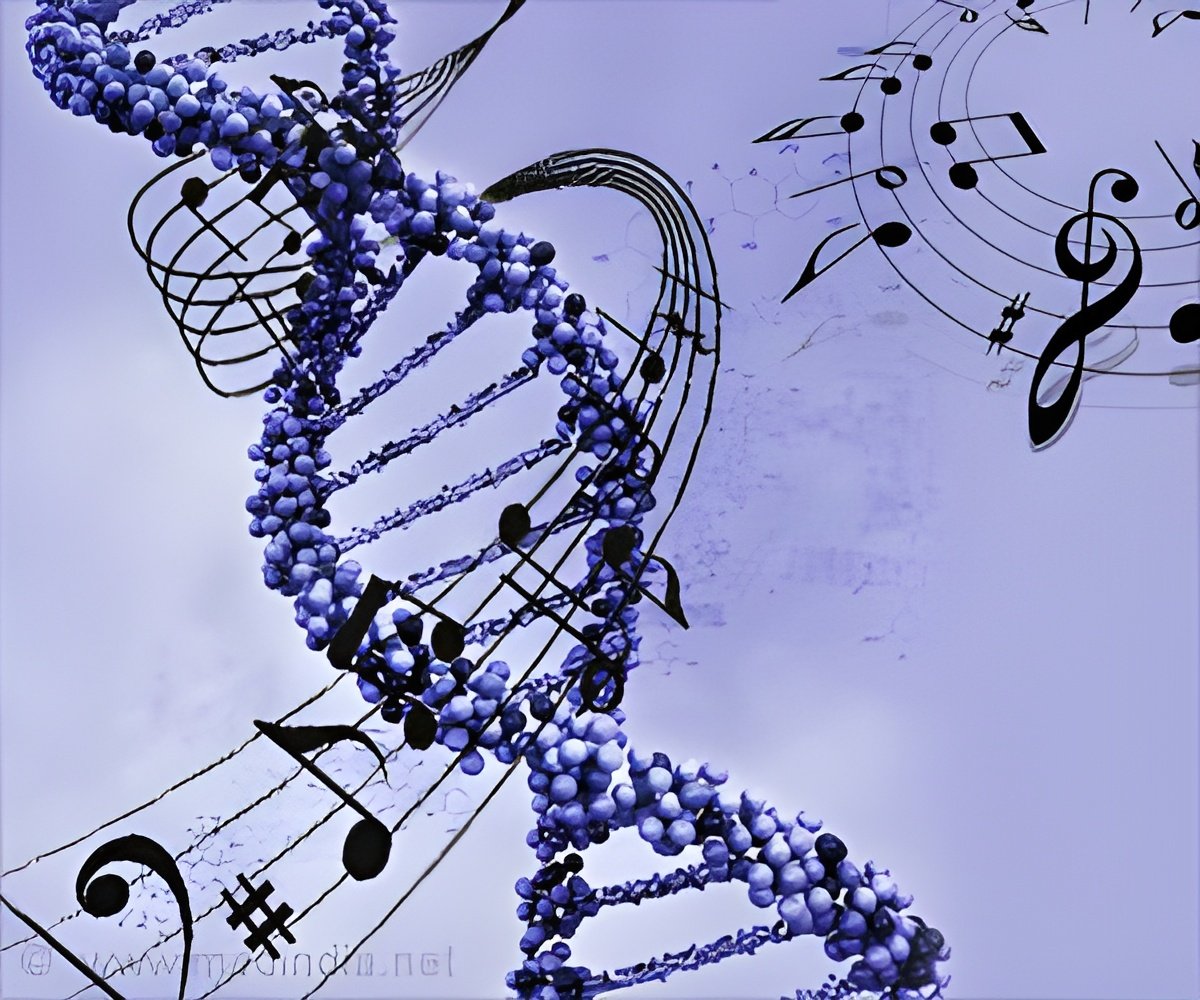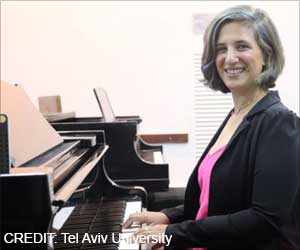Around 69 genetic variants linked to beat synchronization have been discovered. Beat synchronization is the ability to move in synchrony with the beat of music.

Genetic Variations & Beat Synchronization
Many of the genes associated with beat synchronization are involved in central nervous system function, including genes expressed very early in brain development and in areas underlying auditory and motor skills, according to co-senior author Reyna Gordon, PhD, associate professor in the Department of Otolaryngology - Head and Neck Surgery and co-director of the Vanderbilt Music Cognition Lab.‘The study made new connections between the genetic and neural architecture of musical rhythm, thus improving our understanding of how our genomes tune our brains to the beat of the music.’





“Rhythm is not just influenced by a single gene, it is influenced by many hundreds of genes,” Gordon said. “Tapping, clapping and dancing in synchrony with the beat of music is at the core of our human musicality.” The study also discovered that beat synchronization shares some of its genetic architecture with other traits, including biological rhythms such as walking, breathing and circadian patterns.
“This is novel groundwork toward understanding the biology underlying how musicality relates to other health traits,” said co-senior author Lea Davis, associate professor of Medicine.”
23andMe’s large research dataset provided study data from more than 600,000 customers who consented to participate in research allowed researchers to identify genetic alleles that vary in association with participants’ beat synchronization ability.
“The large number of consented study participants offered a unique opportunity for our group to capture even small genetic signals,” said David Hinds, PhD, a research fellow and statistical geneticist at 23andMe. “These findings represent a leap forward for scientific understanding of the links between genetics and musicality.”
Advertisement












